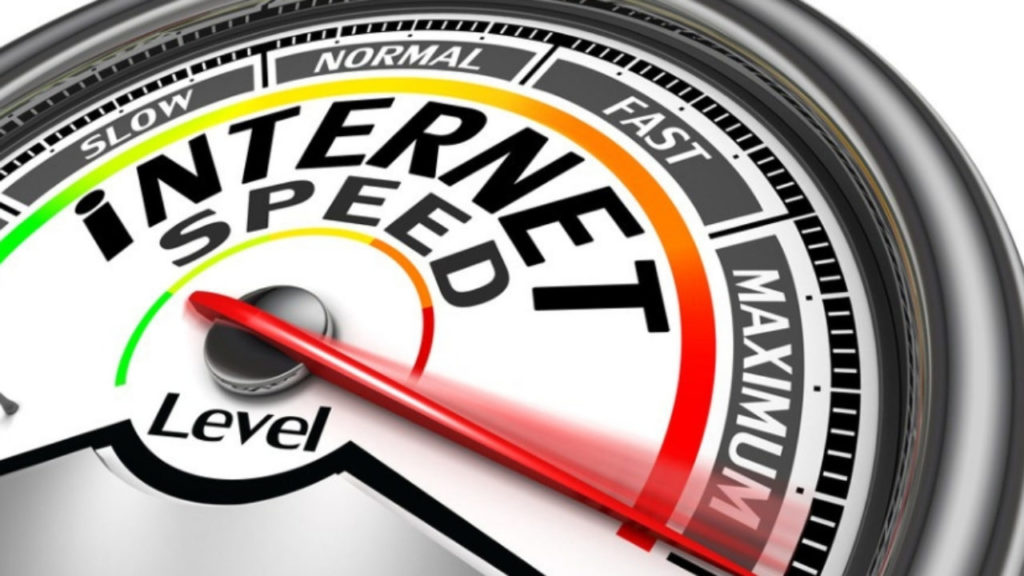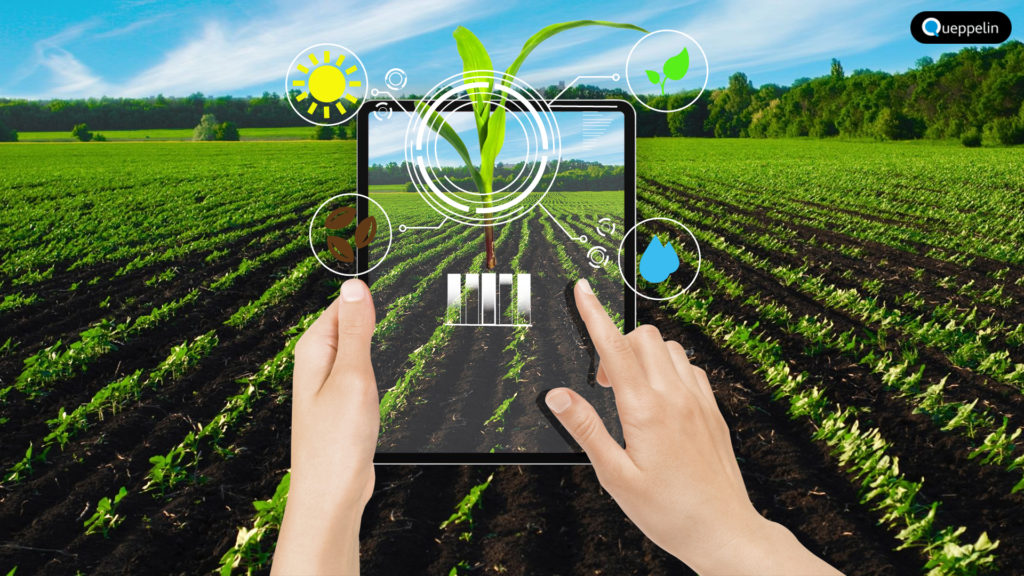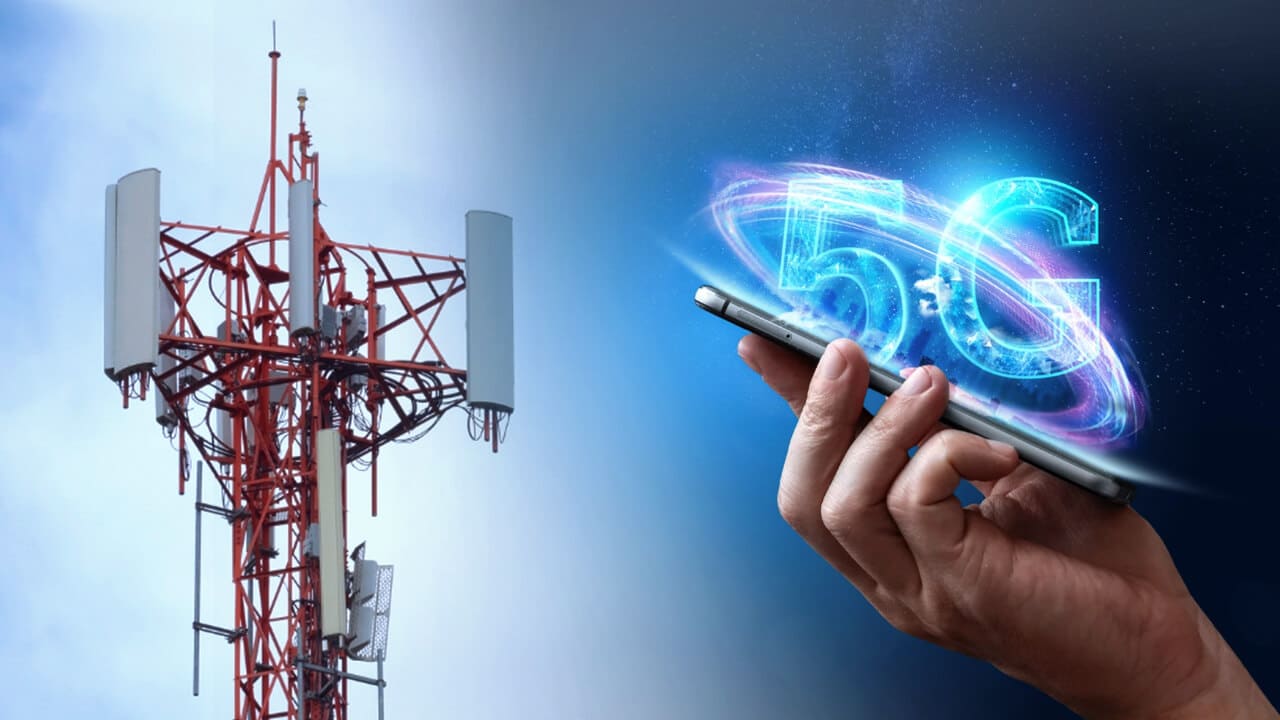The future of connectivity in Kenya is on the verge of a ground breaking transformation with the arrival of 5G technology. From blazing internet speeds to enhanced capacity and low latency, 5G is set to revolutionize various sectors, propelling the country toward greater technological advancement.
As 5G rolls out across Kenya, the potential benefits are immense, affecting everything from businesses and healthcare to agriculture and entertainment.
In this blog, we will explore how 5G will change connectivity in Kenya, its potential advantages, challenges, and the sectors most likely to benefit from this leap in technology.
What Is 5G?

Before diving into its implications for Kenya, let’s define what 5G is. 5G, or the fifth generation of wireless networks, represents a substantial improvement over 4G in terms of speed, reliability, and capacity.
With 5G, data speeds can reach up to 10 Gbps, significantly faster than 4G, which caps out at 1 Gbps. Latency, the time it takes for data to transfer, is also drastically reduced, ensuring near-instantaneous communication.
Kenya’s telecom industry has already seen the benefits of 3G and 4G networks, especially with mobile money platforms like M-Pesa. However, the leap to 5G promises to unlock even greater possibilities.
1. Faster Internet Speeds

One of the most noticeable changes that 5G will bring to Kenya is faster internet speeds. Downloading a high-definition movie will take just seconds, and streaming 4K videos will be smooth, without any buffering issues. This leap in speed is particularly vital for both urban and rural areas.
In the cities, businesses and tech startups will benefit from quicker, more reliable internet connections, which are essential for cloud computing, video conferencing, and handling large amounts of data.
In rural areas, where internet access has traditionally been slower and less reliable, 5G could bridge the digital divide, offering high-speed internet to millions of previously underserved Kenyans.
2. Lower Latency for Real-Time Communication

Another critical benefit of 5G is the reduction of latency. Latency is the delay between when a user requests data and when it is received.
For many applications, such as video calls or online gaming, low latency is crucial for a smooth experience. With 5G, latency is expected to drop to under 1 millisecond, making real-time communication more seamless than ever.
This improvement will not only make activities like video conferencing smoother but will also enhance the user experience for Kenya’s growing community of online gamers. Additionally, this low-latency capability is crucial for emerging technologies such as autonomous vehicles, drones, and industrial automation.
3. Boosting Innovation in Tech Startups

Kenya has long been known as a hub of innovation in Africa, particularly in the fintech space. The introduction of 5G will take this to another level.
Tech startups in Nairobi’s Silicon Savannah and other parts of the country will have access to faster and more reliable internet, enabling them to develop new applications in areas like the Internet of Things (IoT), artificial intelligence, and virtual reality.
For instance, IoT devices—such as smart home appliances, wearables, and connected cars—require stable, high-speed internet to function efficiently. With 5G, Kenyan tech companies will be better positioned to develop and deploy IoT solutions that can address real-world problems in sectors like agriculture, transportation, and healthcare.
In the financial sector, 5G could enhance mobile money platforms by improving transaction speeds and security, and enable new services like blockchain-based payments and smart contracts.
4. Enhancing Agriculture with Smart Farming

Agriculture is the backbone of Kenya’s economy, contributing about 33% of the country’s GDP. The introduction of 5G could usher in a new era of “smart farming,” where farmers use connected devices and sensors to monitor crops, track weather patterns, and manage irrigation systems remotely.
For example, using IoT sensors powered by 5G, Kenyan farmers will be able to receive real-time updates on soil moisture levels, helping them make more informed decisions about when and how much to water their crops. This will not only improve crop yields but also conserve water—a precious resource in many parts of Kenya.
Moreover, drone technology, which requires reliable and fast internet, will allow farmers to survey their fields and monitor crop health more efficiently. With 5G, these technologies can be deployed even in remote parts of the country where internet access is currently limited.
5. Advancing Telemedicine and Healthcare
In the healthcare sector, 5G will be a game-changer. One of the most promising applications is telemedicine, which allows patients to consult with doctors remotely via video calls. With 5G’s low latency and high reliability, these consultations will become smoother and more accurate, enabling doctors to diagnose and treat patients in real time.
This is particularly important in rural Kenya, where access to healthcare facilities is often limited. 5G-powered telemedicine could bridge the gap by connecting patients with specialists located in major cities or even abroad.
Additionally, 5G will support the development of wearable devices that monitor patients’ health in real time, alerting medical professionals to any anomalies that could indicate a health issue.
For more information on how telemedicine is improving healthcare, visit Kenya Healthcare Federation.
6. Entertainment and Media on a New Level

Kenya’s entertainment industry is also poised to benefit significantly from 5G technology. The ability to stream high-definition content without lag means that Kenyan content creators can distribute their work more easily, reaching global audiences. This is particularly relevant in the film, music, and gaming industries.
With 5G, video quality in streaming services like Netflix, Showmax, and YouTube will improve drastically, allowing viewers to watch 4K or even 8K videos without interruptions.
Moreover, 5G will allow for more immersive experiences with virtual reality (VR) and augmented reality (AR) applications, which could become increasingly popular in Kenya’s growing tech ecosystem.
Check out more about VR and AR developments at VR Africa.
7. Challenges and the Road Ahead
While the benefits of 5G are clear, there are also some challenges to its widespread adoption in Kenya. The cost of building the infrastructure for 5G networks is significant, and it may take time before the technology is available in all parts of the country.
Additionally, 5G-compatible devices, such as smartphones and routers, are currently expensive, making them less accessible to the average Kenyan.
Another potential challenge is the need for regulatory frameworks that can accommodate the new technology. Kenya’s government and regulatory bodies will need to create policies that encourage the development of 5G while also addressing concerns around cybersecurity and data privacy.
For more on Kenya’s telecom regulations, visit the Communications Authority of Kenya.
8. The Future of 5G in Kenya

Despite the challenges, the future of 5G in Kenya looks promising. The technology has the potential to drive economic growth, create jobs, and improve the quality of life for millions of Kenyans.
As more 5G infrastructure is built and the cost of devices comes down, we can expect to see widespread adoption across the country.
Telecom companies like Safaricom and Airtel have already begun testing 5G networks in Kenya, and it’s only a matter of time before 5G becomes the standard for internet connectivity.
To stay updated on the latest 5G developments, follow Techweez.
Conclusion
The arrival of 5G in Kenya will be a transformative event, impacting nearly every sector of the economy. From faster internet speeds and lower latency to innovations in healthcare, agriculture, and entertainment, 5G will unlock new possibilities for Kenya’s tech-savvy population. However, for these benefits to be fully realized, there will need to be investments in infrastructure, regulatory frameworks, and affordable 5G devices.
As Kenya continues to lead the way in technological innovation in Africa, the introduction of 5G will ensure that the country remains at the forefront of the digital revolution. Whether you’re a business owner, a farmer, or a tech enthusiast, 5G is poised to change the way you live, work, and connect in Kenya.
